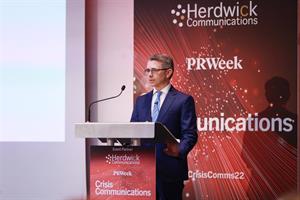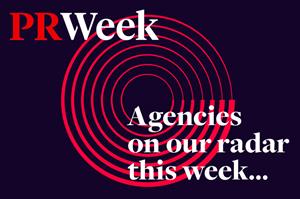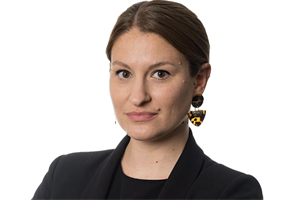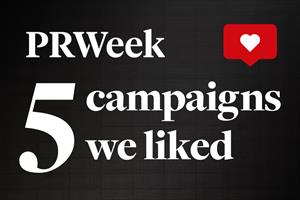New York’s state government has an ethics problem, but it isn’t PR.
In the past two months, former Assembly Speaker Sheldon Silver and former State Senate Leader Dean Skelos have both been convicted on corruption charges. Former Governor David Patterson faced various accusations of ethics violations. And his predecessor, Eliot Spitzer stepped down after revelations that he hired prostitutes came to light.
Yet none of these people were political consultants, nor agency staffers working on public affairs issues in the offices, cloakrooms, and bars of Albany. So it was curious that the state’s Joint Commission on Public Ethics made PR consultants who work with public officials or candidates the target of a controversial measure that would require them to register as lobbyists with the state.
The Joint Commission voted in a landslide this week to approve a measure that would reclassify PR consultants reaching out to media outlets to try to get their client’s message in an editorial as "lobbying activity." But calling an apple an orange doesn’t make it one.
The Commission’s stance is short-sighted both on practical and ideological grounds. For one, it doesn’t consider the role of journalists. Sure, a reporter or editor might agree to write exactly what a communications consultant wants, in exactly the language he or she wants it, but that’s not likely to be the case. Journalists may be overworked and shrinking in numbers, but their bullshit meters still work well.
Forcing consultants to file their interactions with reporters like expense reports will have a chilling effect on the relationship between journalists and PR pros for another reason: confidentiality. Aides to public officials rely on journalists to protect their identities, or to keep some information entirely off the record. Asking them to confirm on an official document when they talked to a journalist will only turn off the spigot of information reaching the public.
And that’s something everyone, no matter what side of the aisle, can agree is bad.
(The New York Times noted the commission appeared willing to step back and apply the measure only to consultants pitching editorial boards. That’s a half measure from the print media age, when opinions were restricted to only a few voices at a media outlet and editorials had outsized influence).
And passing a measure like this is one thing; enforcing it is another. Good luck with that.
Give the commission credit for one thing: it’s pulled off the daunting task of uniting PR pros and journalists – dogs and cats living together – on the same issue, not to mention civil liberties groups.
Good thing the measure passed by the Joint Commission is an advisory opinion, and one that the governor’s office and legal experts have a skeptical view of. There are concrete steps state officials can take to reduce corruption, but this isn’t one of them.
Frank Washkuch is news editor at PRWeek.













